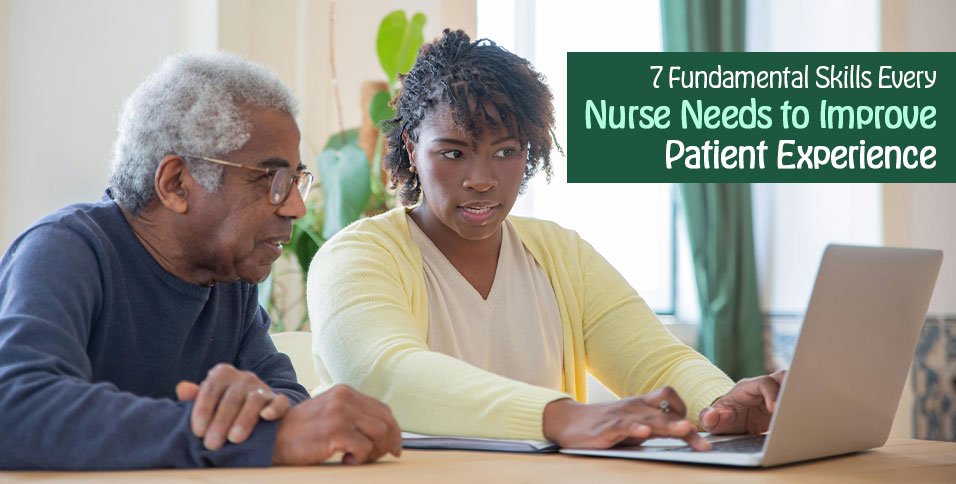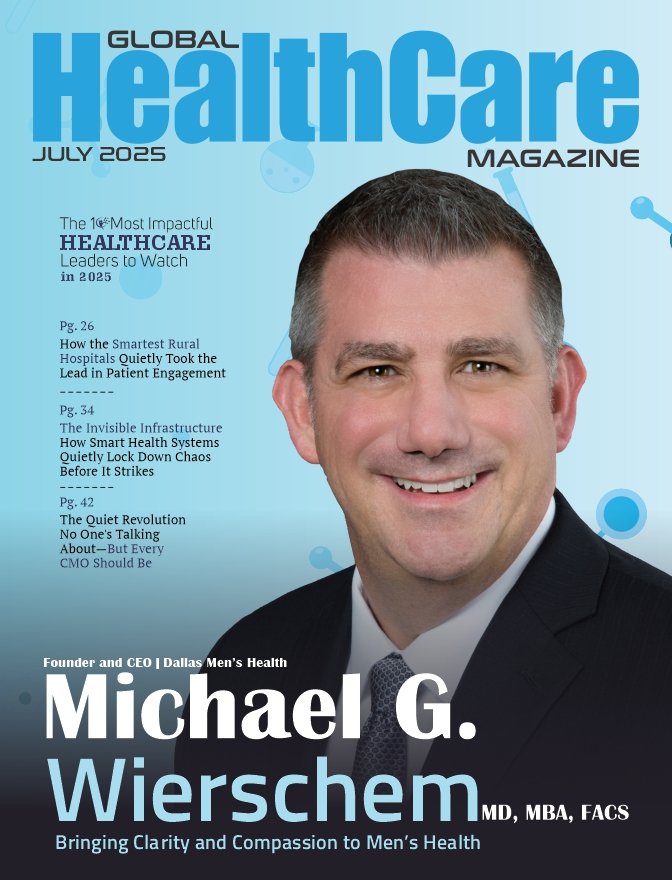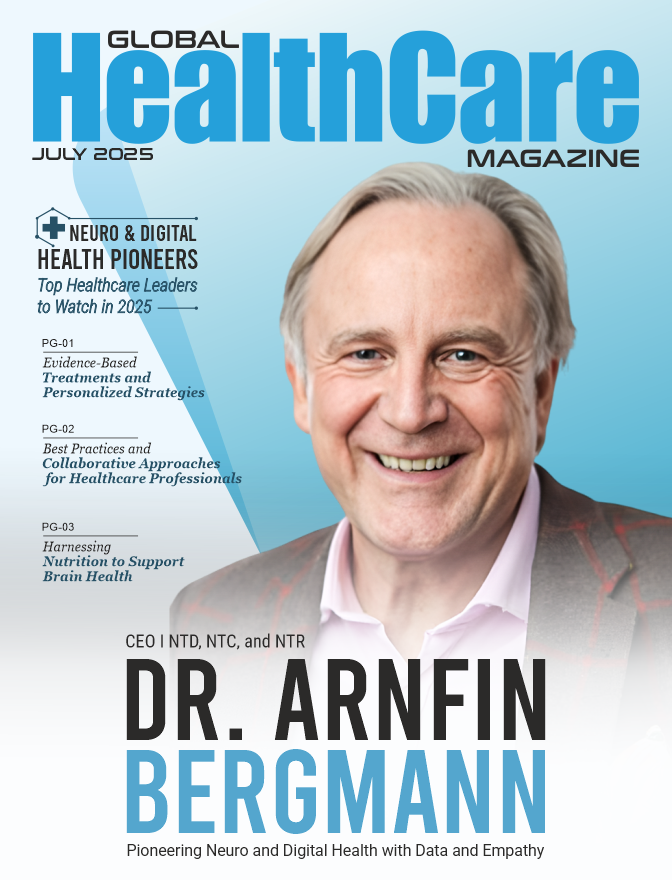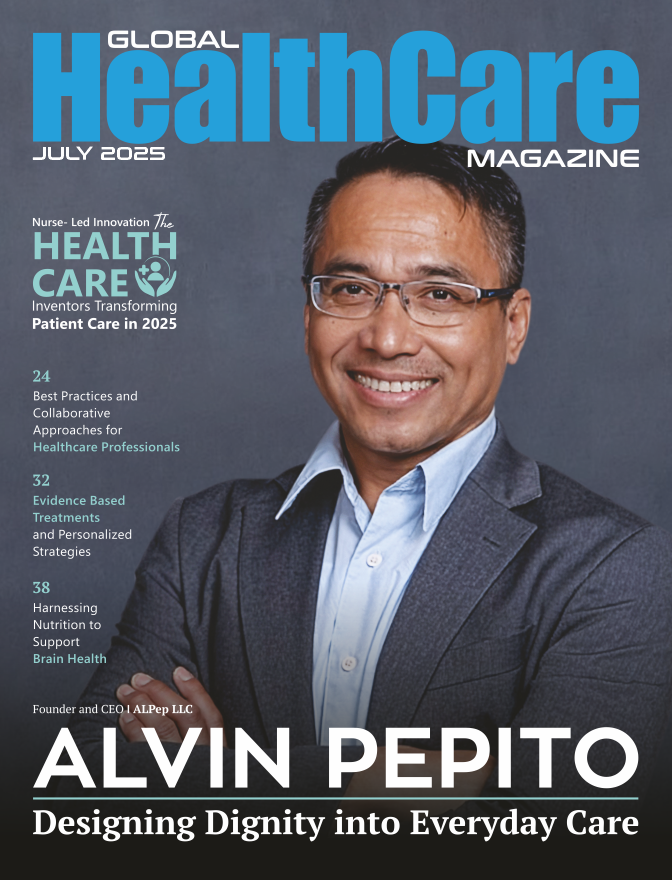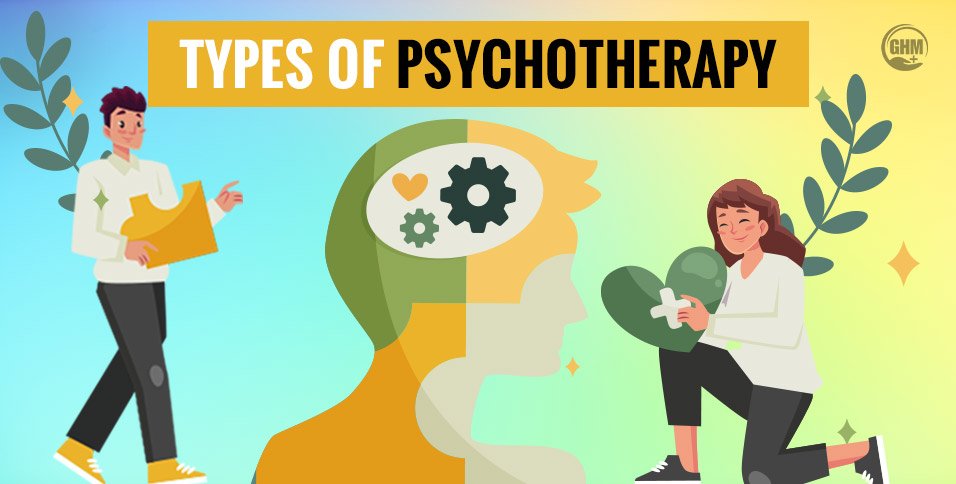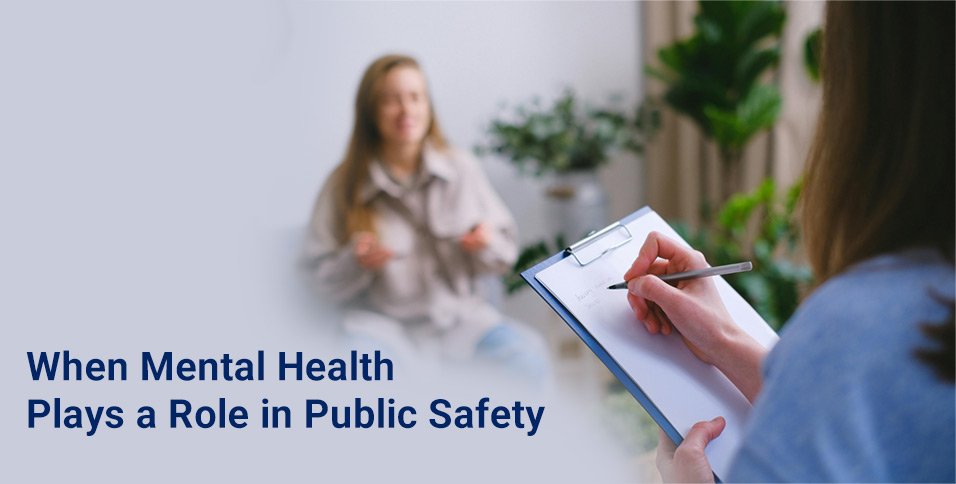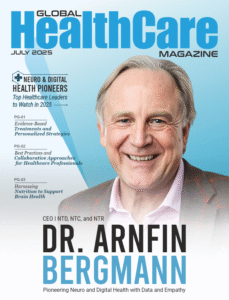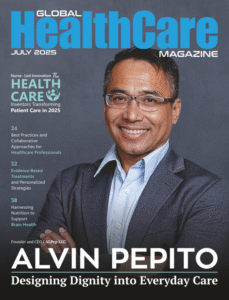Most people think great nursing is all about clinical expertise. And yes, knowing how to read vital signs, start IVs, or give medications safely matters a lot. But here’s what often gets overlooked: patients don’t just remember the care they received, they remember how that care felt. They remember if someone listened. If someone explained things clearly. If someone made them feel safe.
This is where nurses make the biggest difference. Not just with medical skills, but with everyday actions that build trust, calm anxiety, and show real compassion. While some assume these are just soft skills, the truth is they have a hard impact on recovery, satisfaction, and even patient outcomes.
Whether you’re just starting out or have years on the floor, focusing on these core skills can make every interaction count for your patients and for you.
Communication That Connects (and Calms)
Strong communication is the foundation of great nursing. It’s not just about giving updates or walking patients through their care plan. It’s about making sure they feel heard, especially when they’re anxious, confused, or unsure about what’s happening.
That kind of connection takes more than good intentions. It takes practice, reflection, and often, a deeper understanding of what patient-centered communication really looks like in action.
That’s why many nurses find that continuing their education sharpens these skills in a meaningful way. For example, those enrolled in RN-BSN online degrees often say they walk away feeling more confident, not just clinically, but in how they talk with patients. These programs typically include focused training on communication techniques that help nurses explain complex information in ways that feel clear, calm, and reassuring.
But you don’t have to be in a course to start improving. Even simple habits like using plain language, pausing to check for understanding, or giving patients space to ask questions can make a big difference. When patients feel understood, they’re more likely to trust you, and that trust is everything.
Emotional Intelligence in High-Stress Moments
Hospitals are full of stress for everyone. Patients may be in pain, frightened, or dealing with life-changing diagnoses. Family members are often scared and overwhelmed. And healthcare teams are under pressure to move fast and make critical decisions.
That’s where emotional intelligence (EQ) becomes essential. Nurses with high EQ can sense when a patient is scared or needs reassurance, even if they don’t say it out loud. They can regulate their own emotions during tense moments, stay calm under pressure, and navigate difficult conversations with compassion.
You don’t need to be a therapist. But knowing how to recognize your own emotions—and how they affect your actions—helps you show up better for your patients. Simple things like maintaining eye contact, staying calm during a tough conversation, or responding with patience when someone lashes out can have a huge effect on the patient experience.
Attention to Detail That Builds Safety
In nursing, details matter. A small mistake in dosage or documentation can turn into a serious issue. But attention to detail also shows up in other ways, like catching changes in a patient’s behavior that might signal something deeper.
Being detail-oriented doesn’t just protect your license; it builds patient confidence. When patients see that you double-check their name, explain their medications clearly, and follow through on what you say, they feel safer. They trust you more. And that trust goes a long way toward creating a positive experience.
Teamwork That Doesn’t Miss a Beat
Even the most skilled nurse can’t do it all alone. Patient care is a team effort, and good collaboration is what makes it work. Whether you’re coordinating with doctors, lab techs, or fellow nurses, strong teamwork helps prevent miscommunication and delays.
Effective team players are reliable, proactive, and respectful. They give clear handoffs, offer help when needed, and speak up when something feels off. This doesn’t just make your job easier—it directly improves the patient’s experience. When the whole team is in sync, care feels seamless instead of scattered.
If you’ve ever worked a shift where communication broke down between team members, you know how quickly things can get chaotic. Strengthening your ability to collaborate, even when things get tense, helps you stay focused on what matters most: the patient.
Cultural Awareness in a Diverse World
Patients come from all walks of life. They bring different languages, beliefs, and expectations into the care setting. Nurses who understand how to navigate those differences with sensitivity are in a better position to provide respectful, inclusive care.
This doesn’t mean you need to be an expert on every culture. But it does mean staying open, asking thoughtful questions, and avoiding assumptions. For example, asking a patient how they prefer to be addressed or who they’d like to involve in care decisions shows respect, and it helps you avoid unintentional missteps.
Cultural awareness also means recognizing your own biases and being willing to challenge them. Many healthcare organizations offer training in this area, and it’s worth taking seriously. Patients who feel respected are more likely to follow medical advice, ask questions, and feel satisfied with their care.
Flexibility When Things Change Fast
No two days in nursing are exactly the same. One minute you’re doing routine checks; the next, you’re responding to an emergency. That kind of unpredictability requires more than just skill; it calls for flexibility and quick thinking.
Nurses who adapt quickly help keep things moving, even when plans fall apart. They’re the ones who stay steady during a code blue, adjust smoothly when a patient’s needs shift suddenly, or jump in to support a coworker without being asked.
Being flexible doesn’t mean being passive. It means staying alert, thinking clearly under pressure, and focusing on solutions instead of frustration. That mindset directly shapes how patients perceive their care. When you handle surprises calmly and efficiently, patients (and their families) feel reassured.
Empathy That Isn’t Drained by Routine
It’s easy to go on autopilot when you’re busy. But patients don’t see the dozens of tasks you’re juggling—they only see how you treat them. A little empathy goes a long way in making them feel like more than just a case number.
Empathy isn’t about fixing everything. It’s about showing patients that you see them and you care. Saying, “I know this must be a lot right now” or just offering a quiet moment of presence can mean the world to someone feeling overwhelmed.
If you find your empathy wearing thin (which is common in high-pressure settings), take that as a sign to check in with yourself. Even short breaks, peer support, or a quick moment of mindfulness can help you stay grounded. Empathy is a skill, and like all skills, it needs care and practice to stay strong.
By building these skills, communication, emotional intelligence, attention to detail, teamwork, cultural awareness, flexibility, empathy, and advocacy, you’re not just becoming a better nurse. You’re making a real impact on the way patients experience care.
And in a healthcare system that can often feel impersonal or overwhelming, that human connection matters more than ever.
Also Read: How to Become a Travel Nurse: A Step-by-Step Guide

